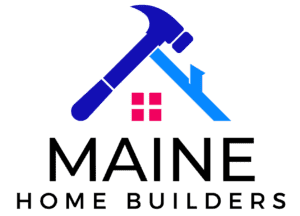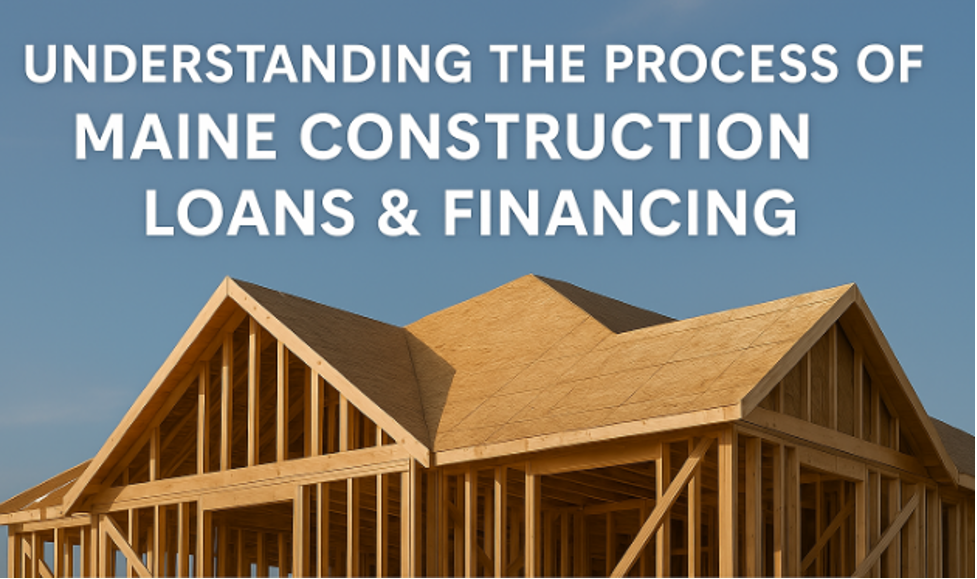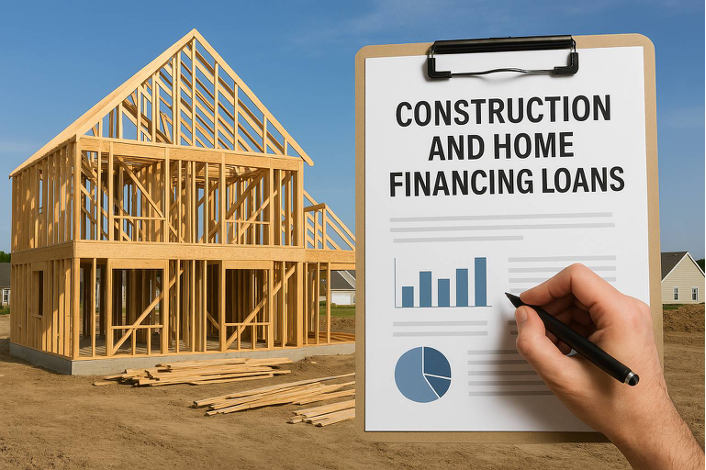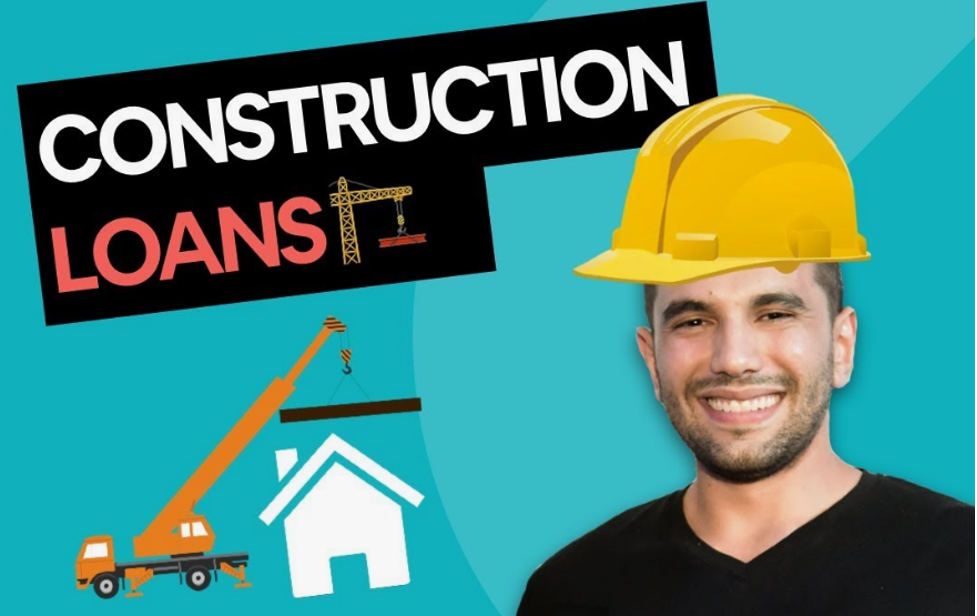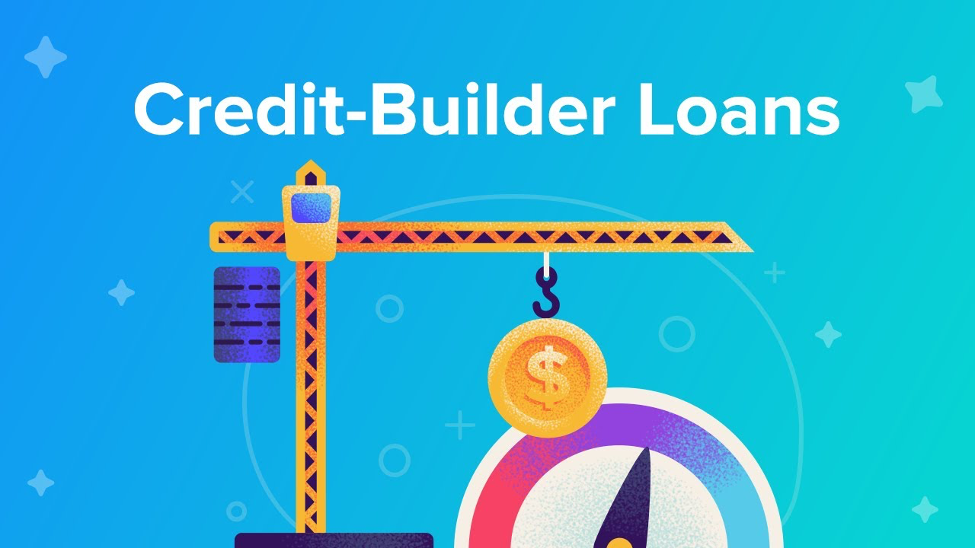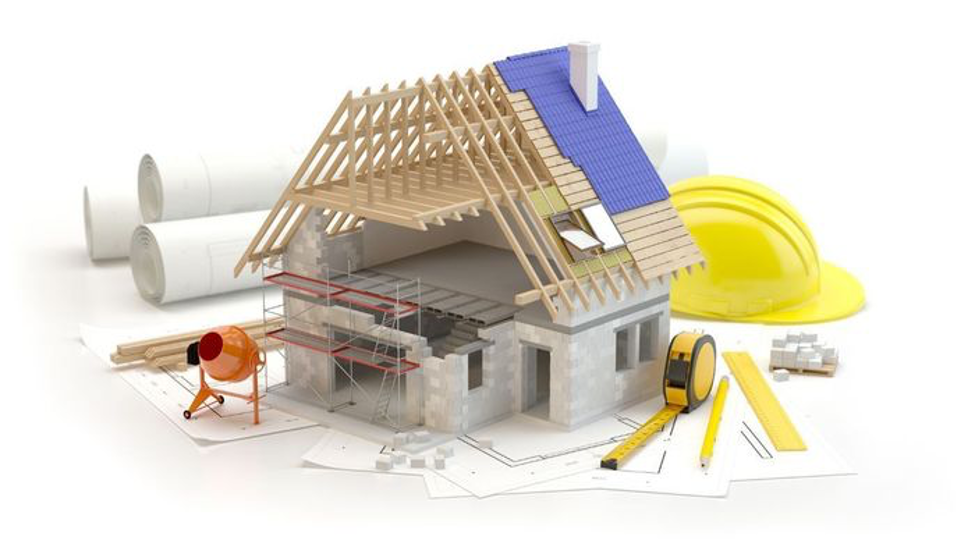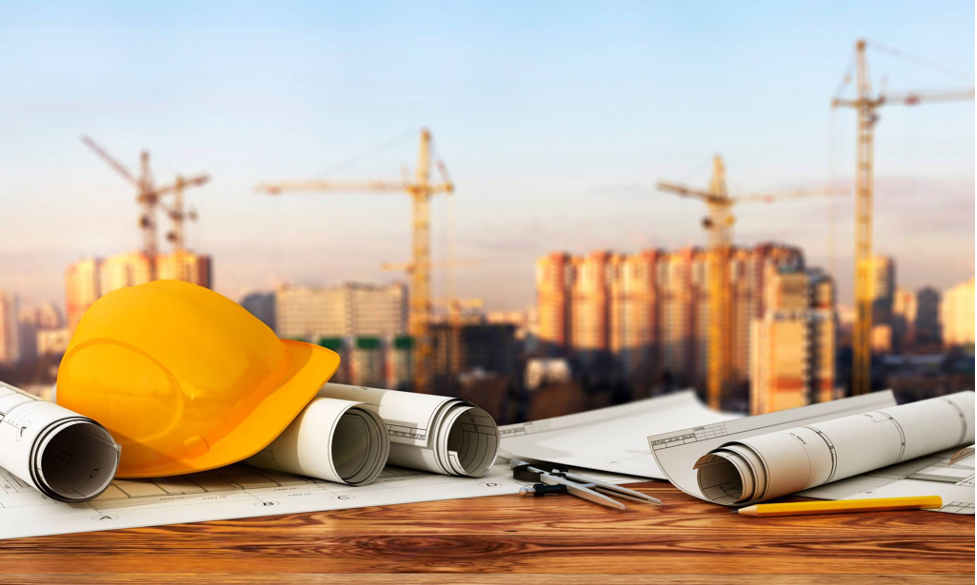Your Guide to Construction Loans in Maine: Making Your Dream Home a Reality
Building your dream home or remodeling an existing property is an exciting journey. But before the first hammer hits, securing the right financing is essential. Construction loans in Maine provide the necessary funds to help you build or renovate your property. These specialized loans offer financial flexibility, enabling you to pay for various stages of the construction process.
In this guide, we’ll walk you through everything you need to know about construction loans in Maine, so you can make informed decisions as you embark on your home-building journey.
What is a Construction Loan?
A construction loan is a short-term loan designed to cover the costs of building or renovating a home. Unlike traditional mortgage loans, which are disbursed as a lump sum, construction loans are released in phases. These phases are tied to milestones in your building project, such as completing the foundation, framing, and final inspections.
In most cases, a construction loan is a short-term arrangement, typically lasting up to 12 months. Once your project is completed, the loan can be converted into a permanent mortgage, which you’ll begin to pay off in monthly installments. This process helps streamline the financing for your home’s construction and provides you with the funds as needed.
Why Choose a Construction Loan in Maine?
Maine has a growing real estate market, and whether you’re planning to build a new home or remodel an existing property, construction loans in Maine are the perfect option to finance your project. Here are a few reasons why construction loans are a great choice for Maine homeowners:
- Tailored Financing for Your Project: Construction loans are specifically designed to meet the financial needs of home building and renovation. They are flexible and can cover the costs of land acquisition, construction, labor, and materials.
- Disbursements as Needed: Since construction projects have multiple phases, you don’t need to worry about securing all the funds upfront. The lender will disburse funds based on milestones, ensuring that you only borrow what you need at each stage of the project.
- Streamlined Transition to Permanent Financing: After construction is complete, most construction loans can be converted into a permanent mortgage. This eliminates the need for a second loan application and saves you time and effort.
How to Secure a Construction Loan in Maine
Securing a construction loan in Maine involves several steps. Here’s a general overview of the process:
- Evaluate Your Financial Situation : Before you apply for a construction loan, it’s important to evaluate your financial situation. Lenders will look at your credit score, income, assets, and debt-to-income ratio to determine if you qualify. Be prepared to provide details about your income and any existing debts.
- Create a Detailed Project Plan : Lenders will require a detailed project plan to ensure that your construction project is well-structured and feasible. This plan should include architectural blueprints, a construction timeline, and a budget that outlines how much the project will cost. Be sure to hire a licensed contractor and work with them to create a comprehensive plan.
- Find the Right Lender : Not all lenders offer construction loans, so it’s important to find one that specializes in this type of financing. You’ll want to work with a lender who understands the specific requirements of construction projects and has experience in the Maine real estate market. Maine Home Builders partners with trusted, experienced lenders to help homeowners like you secure the right financing for your home-building project.
- Apply for the Loan : Once you’ve found a lender, the application process begins. You’ll need to provide documentation about your financial status and your project plan. The lender will assess your application, and if approved, you’ll be offered a loan with terms based on your credit and the project details.
- Construction Loan Disbursement: After your loan is approved, funds are typically disbursed in stages as your project progresses. For example, you may receive funds when the foundation is laid, when framing is completed, and when the project reaches completion. The loan is paid back in full once the construction is finished, and you can convert it into a permanent mortgage.
Choosing the Right Contractors
Once you have secured your construction loan in Maine, it’s time to find trusted contractors to bring your project to life. As a retired home builder, Maine Home Builders understands the challenges of finding reliable contractors. We are proud to partner with reputable professionals who are dedicated to delivering high-quality work on time and within budget.
Working with the right contractors ensures that your home is built according to plan and meets all local codes and regulations. Maine Home Builders can help you connect with skilled builders, architects, and designers in southern Maine who will work closely with you to create your ideal living space.
Conclusion

Securing a construction loan in Maine is the first step in turning your dream home into a reality. By understanding the ins and outs of construction loans and partnering with trusted professionals, you can confidently navigate the home-building process. Maine Home Builders is here to guide you every step of the way from financing to finding the right contractors.
Reach out today and let us help you begin your journey toward building the home you’ve always wanted.
